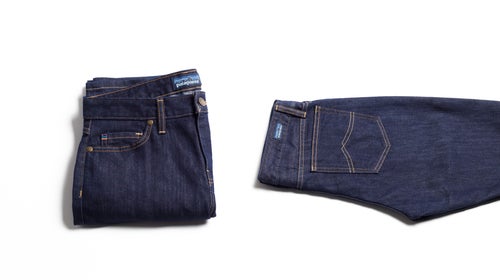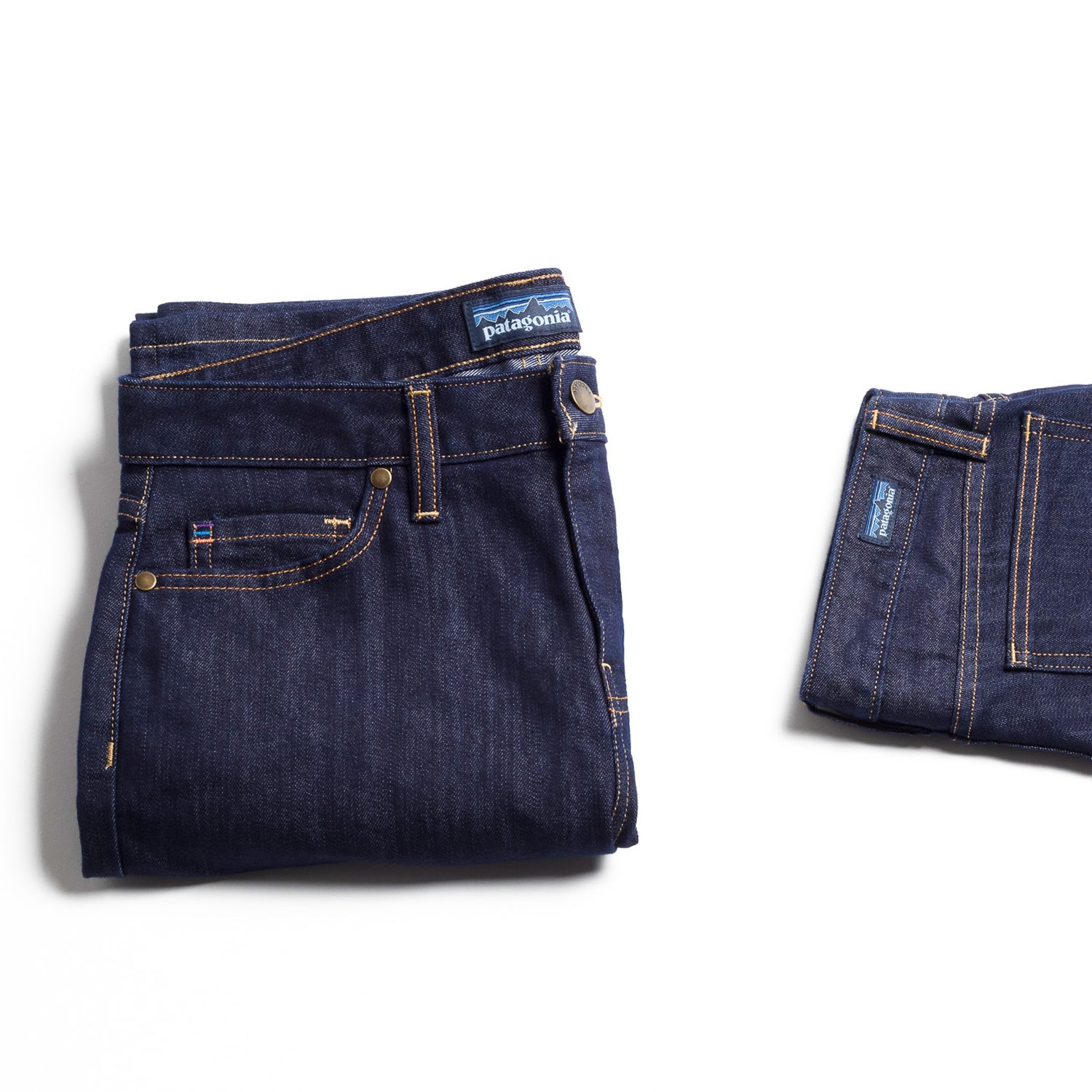Most jeans are terrible for the environment. In fact, you need to make a single pair. Producing the synthetic indigo dye, which companies use to turn the material blue, requires a that begins with petroleum extraction and ends with a mix of cyanide and formaldehyde. Here in the United States, we buy of jeans every year. People the world over buy a billion pairs annually.
But don’t worry, there’s hope. Several companies are rethinking how jeans get made to reduce the environmental impact. Here are five you should know about and support.
Reformation Liza High Straight Jeans ($98)

This Los Angeles-based fashion brand is trying to make all clothing more environmentally friendly, and it’s tackling jeans as part of the process. Production releases only four pounds of CO2 compared to the industry standard of 29 pounds. And each pair uses just 75 gallons of water.
Patagonia Performance Jeans ($120)
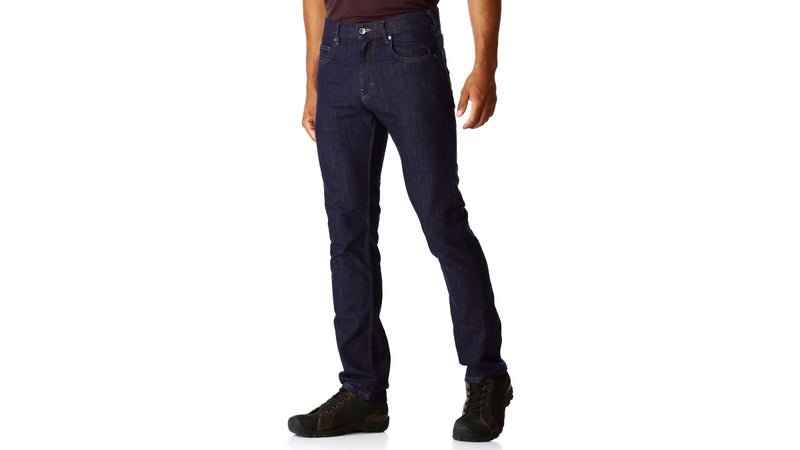
Of course Patagonia is on this list. are made from 100 percent organic cotton grown with non-GMO seeds, and they’re sewn by workers who are guaranteed a fair wage. Instead of indigo, Patagonia’s denim is colored with a sulfur agent that uses 84 percent less water and 30 percent less energy and produces 25 percent less CO2.
ReDew Orn Jeans ($159)
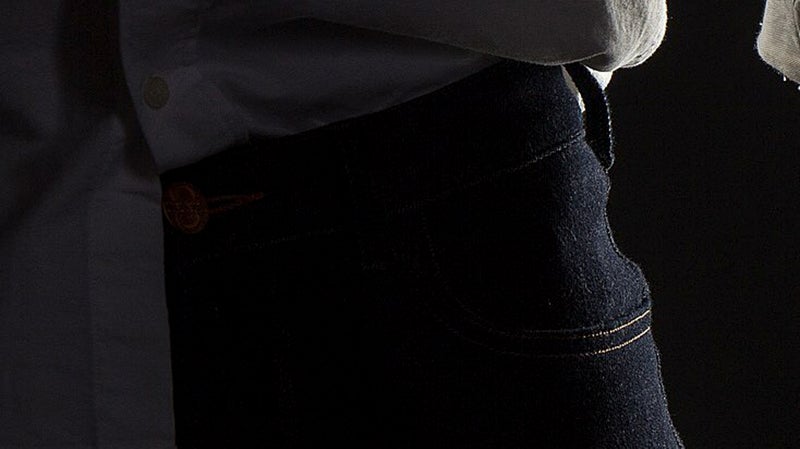
Swedish brand ReDew, set to launch in the United States this fall, makes stretchy, athletic that consume 80 percent less water and chemicals and 50 percent less energy. The company uses an dye that lasts longer than indigo and avoids the negative environmental impacts. ReDew also gives 25 percent of its profits from jeans sales to international wildlife conservation efforts.
Source Denim Ethical Raw Jeans ($140)
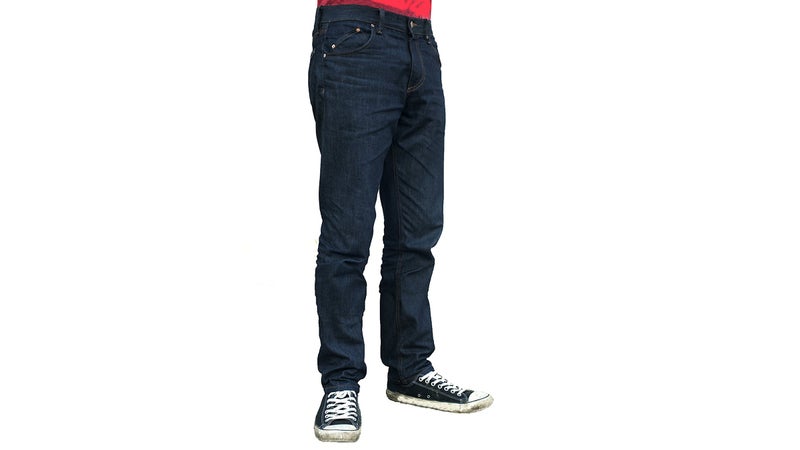
Seattle-based Source worked with Greenpeace to develop a biodegradable polymer from food waste that binds the dye to its men’s . (A women’s cut is in development.) This process reduces harmful chemicals by 60 percent. The brand’s jean production also uses 60 percent less water and 40 percent less energy, and each pair comes with a ten-year guarantee. Down the road, the company is committed to the by 2020 initiative, which aims to cut all hazardous chemicals from textile, leather, and footwear production.
Stony Creek Color
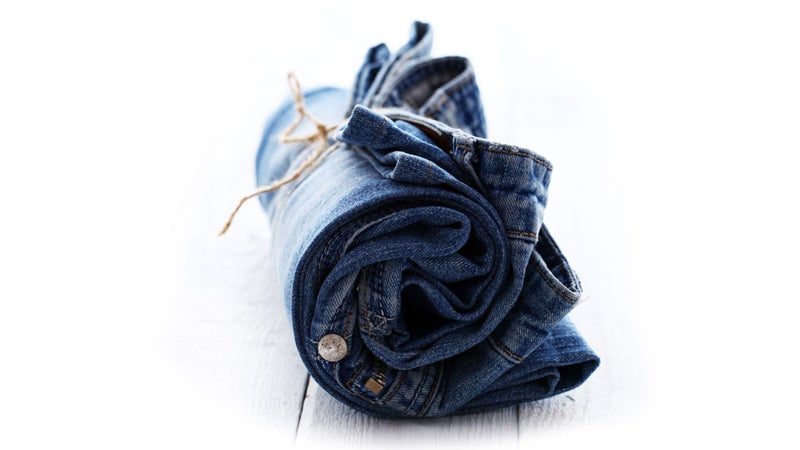
This small company doesn’t actually sell jeans but is addressing the dirty business of indigo dye by creating an that works as well as the synthetic stuff. Stony Creek works with a stable of Tennessee farmers and sells its dye to well-known mill Cone Denim, which sends its fabric around the world to be used by brands like J.Crew.
